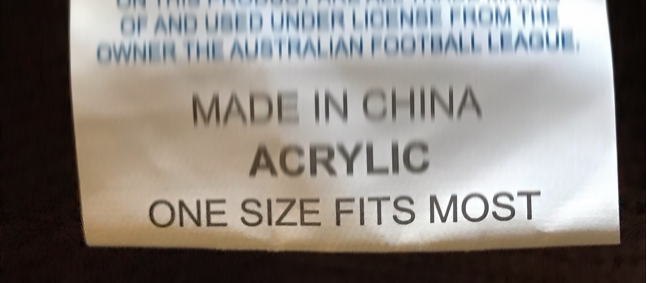
by Caroline Winter | 13 May 2022 | English, Observations, Observations and Responses
The State of Open Data 2021 report was released in November 2021. It is the sixth report in the series published by Springer Nature, Digital Science, and Figshare and presents the findings of a six-year longitudinal survey that gathered data about “researcher motivations, challenges, perceptions and behaviors toward open data” (Digital Science, 2021, 5).

by Caroline Winter | 13 May 2022 | French, Observations, Observations and Responses
Le rapport The state of open data 2021 (en anglais seulement) a été publié en novembre 2021. Il est le sixième rapport de la série publiée par Springer Nature, Digital Science et Figshare et présente les résultats d’une enquête longitudinale de six ans qui a recueilli des données sur les perceptions et comportements des chercheurs et chercheures concernant des données ouvertes si même que leurs motivations et défis (Digital Science, 2021, 5).

by Caroline Winter | 29 April 2022 | English, Observations, Observations and Responses
In August 2021, UK Research and Innovation (UKRI) published an organizational open access policy that applies to publications supported by funding from any of its seven research councils, Research England, and Innovate UK. This new policy is the result of a consultation process that began in 2018, with a draft policy for consultation released in February 2020 (see “UKRI Open Access Policy Review and Consultation”).

by Caroline Winter | 29 April 2022 | French, Observations, Observations and Responses
En août 2021, UK Research and Innovation (UKRI) a publié une politique organisationnelle de libre accès qui s’applique aux publications financées par l’un de ses sept conseils de recherche, Research England et Innovate UK. Cette nouvelle politique est le résultat d’un processus de consultation qui a débuté en 2018, avec une version de politique pour consultation publié en février 2020 (voir « Examen et consultation de la politique de l’UKRI sur libre accès »).

by Caroline Winter | 15 April 2022 | English, Observations and Responses, Responses
Data, famously, just wants to be free. But it might also be said that data just wants to dance. Digital data is notably social at heart. Its binary form enables it to mingle easily with other digital data. Machine reading technologies mean that data can communicate directly with other data, bypassing human mediation. This potential for social capability has given rise to data management techniques that favour comparison, correlation and conformity and are built on value systems that prioritise precision, simplification and efficiency.



